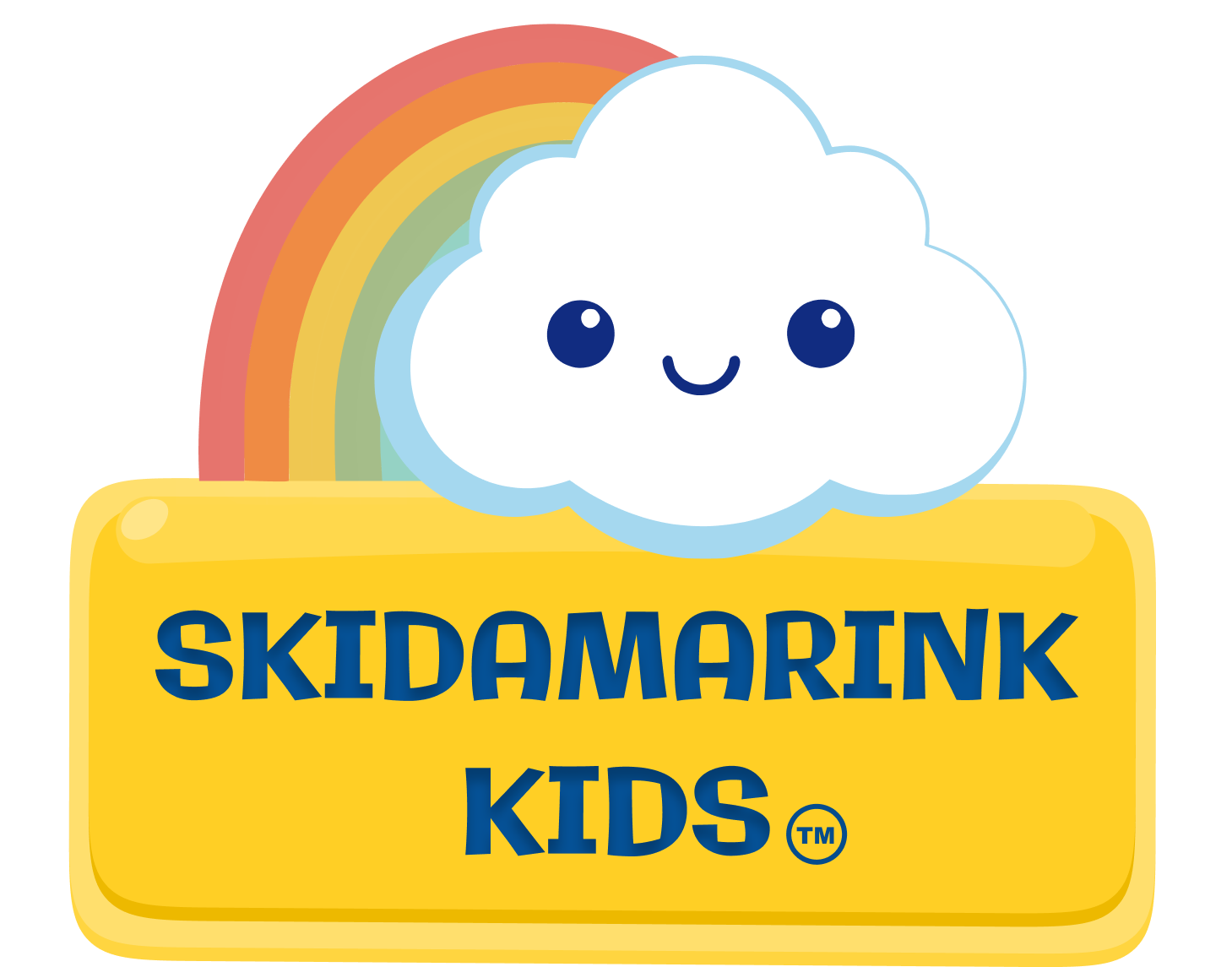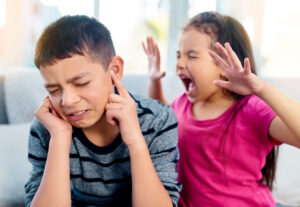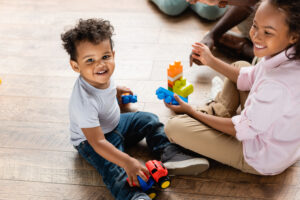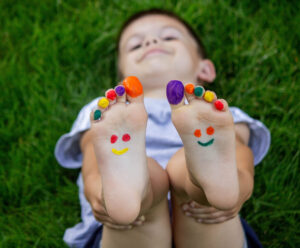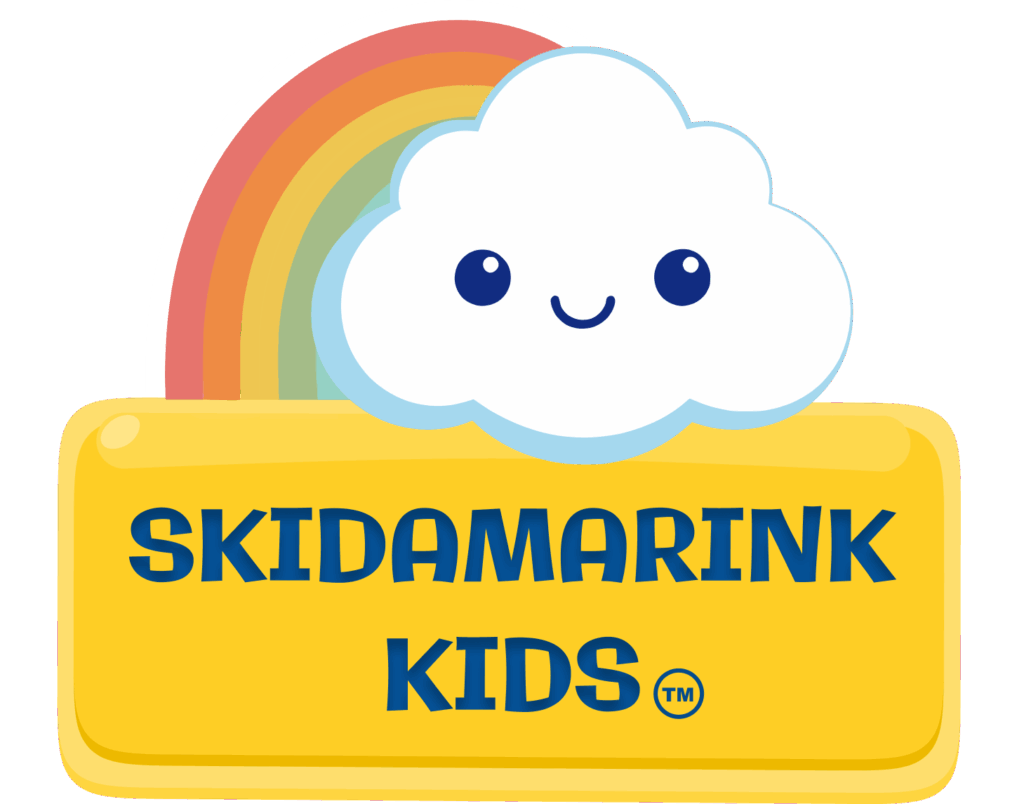Learning how to get kids to cooperate is one of the most valuable parenting skills you can develop. When children willingly participate in family routines, follow expectations, and work together toward common goals, family life becomes significantly more enjoyable for everyone. Building cooperation in children isn’t about control—it’s about creating an environment where children want to contribute positively because they feel valued, capable, and connected.
These positive discipline strategies will help you foster genuine cooperation that grows stronger over time, creating a foundation for lifelong character development and family harmony.
Building Self-Discipline: The Foundation of Cooperation
Set Clear Structure for Success
Understanding how to get kids to cooperate starts with creating predictable frameworks they can follow:
Essential Structure Elements:
- Work before play – Establish that responsibilities come before privileges
- Match responsibilities to developmental level – Ensure tasks are achievable
- Explain expectations clearly before activities begin
- Use natural consequences that connect logically to choices
Why Structure Supports Cooperation: Children thrive when they understand expectations and can predict what comes next. Clear structure reduces anxiety and power struggles.
Support Success Through Appropriate Challenges
Creating “Just Right” Experiences:
- Choose age-appropriate activities that challenge without overwhelming
- Break larger tasks into smaller steps they can manage independently
- Build confidence gradually through successful experiences
- Allow expression of feelings during challenging moments
- Celebrate effort over perfection
Effective Reward Systems for Building Cooperation in Children
Positive Motivation That Works
Proven Reward Approaches:
- Sticker charts for visual progress tracking
- Token systems that build toward larger goals
- Special privileges earned through consistent cooperation
- Quality “you and me” time – often the most powerful reward
Key Principles for Successful Rewards
Essential Guidelines:
- Keep systems simple and easy to understand
- Rewards are earned, never taken away once achieved
- Celebrate small successes along the journey
- Be consistent with follow-through
- Make the process fun and engaging
Important Note: The goal is to build intrinsic motivation over time, so gradually fade external rewards as cooperation becomes natural.
Managing Screen Time to Support Cooperation
Healthy Boundaries That Reduce Conflict
Screen Time Strategies:
- Set clear limits that everyone understands
- Choose calm, less stimulating content when screens are used
- Avoid screens before bedtime to support better sleep and regulation
- Plan transition warnings before screen time ends
- Offer engaging alternative activities proactively
Screen Time Alternatives
Engaging Alternatives:
- Sensory bins for independent exploration
- Building activities that develop problem-solving skills
- Art projects that encourage creativity
- Physical play that releases energy positively
- Reading together that builds connection
Using Natural Consequences as Positive Discipline Strategies
Natural Learning Opportunities
Effective Consequence Principles:
- Let real outcomes teach whenever safely possible
- Explain consequences in advance so children can make informed choices
- Follow through calmly without anger or punishment
- Help children understand cause and effect relationships
Examples of Natural Consequences:
- Forgetting lunch means being hungry until snack time
- Not putting on a coat means feeling cold outside
- Breaking a toy through rough play means the toy isn’t available anymore
- Not completing morning routine means less time for preferred activities or going to school in PJ’s
Supporting Learning Through Consequences
The goal of consequences in building cooperation in children is learning, not punishment. Help your child:
- Reflect on what happened without shame
- Understand the connection between choices and outcomes
- Problem-solve for next time
- Feel supported even when experiencing disappointment
Age-Specific Approaches for How to Get Kids to Cooperate
Toddlers (1-3 years): Building Foundation Skills
Cooperation Strategies:
- One-step directions they can successfully complete
- Use pictures or visual schedules to support understanding
- Offer limited choices: “Would you like to brush teeth first or put on pajamas first?”
- Use “First/Then” while assisting them with completing the first task
- Use timers for transitions they can see and understand
Developmental Considerations: Toddlers are just learning that they are separate people with their own will. Cooperation at this age is about building trust and routine.
Preschoolers (3-5 years): Developing Independence
Building Cooperation Skills:
- Give two acceptable choices to increase their sense of autonomy
- Create simple, predictable routines they can follow independently
- Work up to two or three-step directions gradually
- Use “First/Then” and wait for them to complete the first task independently
- Praise specific efforts: “You put every single block in the right container!”
Focus Areas: Preschoolers can handle more responsibility and benefit from feeling capable and helpful.
Early School Age (5-7 years): Increasing Responsibility
Advanced Cooperation Strategies:
- Create responsibility charts that match their expanding capabilities
- Allow natural consequences to teach important life lessons
- Involve them in family rule-making to increase buy-in
- Teach problem-solving skills for peer and family conflicts
- Guide self-reflection about choices and their impacts
Developmental Growth: School-age children can understand more complex cause-and-effect relationships and take on meaningful family responsibilities.
Supporting Emotional Growth for Long-Term Cooperation
How Self-Regulation Develops
Building cooperation in children requires understanding that self-regulation develops through:
Essential Elements:
- Experience and practice with age-appropriate challenges
- Consistent guidance from caring adults
- Help managing big emotions during difficult moments
- Learning to calm down when overwhelmed
- Processing feelings with support and understanding
- Quality connection time that reduces attention-seeking behaviors
Creating Emotional Safety
Key Environmental Factors:
- Predictable routines that reduce anxiety
- Clear expectations that children can meet
- Emotional validation even when setting limits
- Patience during learning processes
- Connection before correction in challenging moments
Building Long-Term Success in Child Cooperation
Essential Reminders for Parents
Foundation Principles:
- Regulate yourself first – children mirror our emotional state
- Stay patient during the gradual learning process
- Allow processing time for children to internalize lessons
- Limit repeated instructions – say it once, then follow through with help
- Avoid bargaining during non-negotiable situations
- Focus on connection as the basis for willing cooperation
- Celebrate progress rather than demanding perfection
Age Considerations
Remember that age ranges are guidelines. Start at your child’s current developmental level and gradually work toward higher-level skills. Every child develops at their own pace.
Pro Tip for Building Lasting Cooperation
How to get kids to cooperate effectively focuses on building internal motivation rather than external compliance. When children feel valued, capable, and connected, they naturally want to contribute positively to family life. This intrinsic motivation creates cooperation that lasts far beyond childhood.
Creating a Cooperative Family Culture
By implementing these positive discipline strategies consistently, you’re building more than just good behavior—you’re creating a family culture where everyone feels valued and capable of contributing. Building cooperation in children takes time, patience, and consistency, but the investment pays dividends in family harmony and your child’s character development.
The skills your child learns through these approaches—self-discipline, consideration for others, personal responsibility, and emotional regulation—will serve them well throughout their entire life. Focus on progress over perfection, connection over control, and remember that every positive interaction is building toward the cooperative, confident person you’re helping them become.
Want to Learn More
For more information related to meltdowns in children, check out our companion blogs: “Why Do Toddlers Have Tantrums? Development Not Defiance”, “Tantrum Triggers: What Sets Off Your Child’s Meltdowns”, “How to Handle Tantrums in Children: Calm Responses That Work”, and “Preventing Child Tantrums: Proactive Strategies That Work”
Helpful Resources for Managing Toddler Tantrums:
- “Easy to Love, Difficult to Discipline” by Dr. Becky Bailey – Comprehensive strategies for positive discipline
- “If I Have to Tell You One More Time” by Amy McCready – Practical solutions for common behavior challenges
